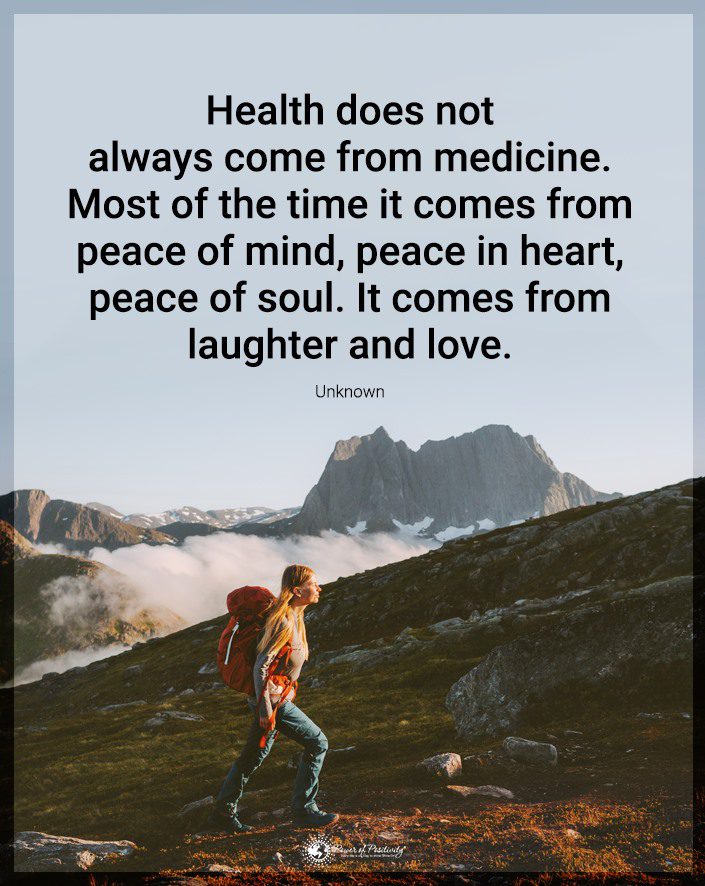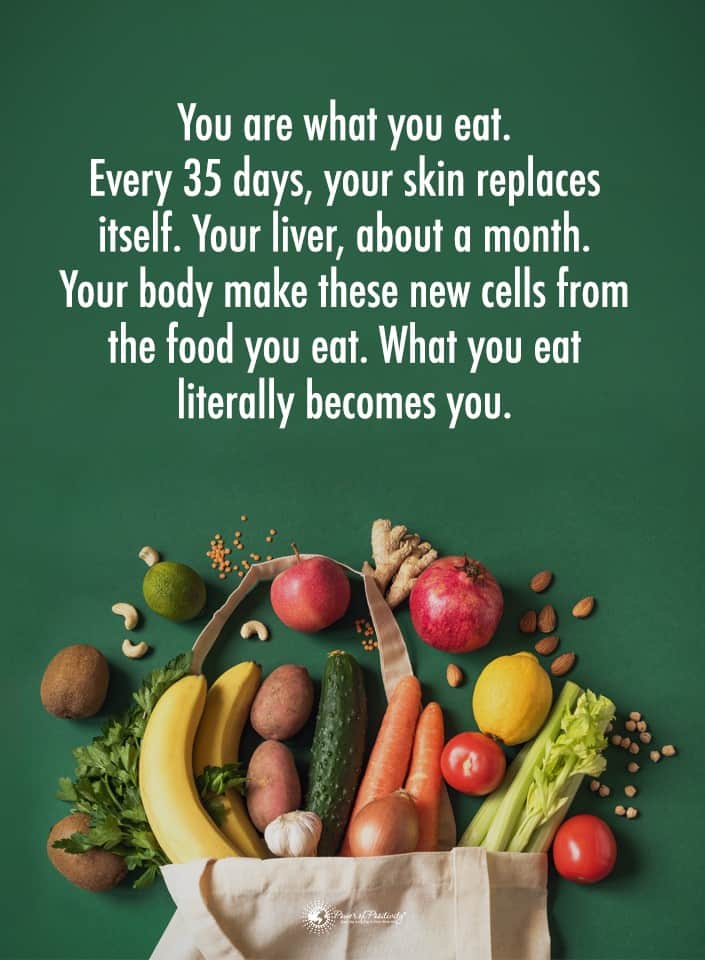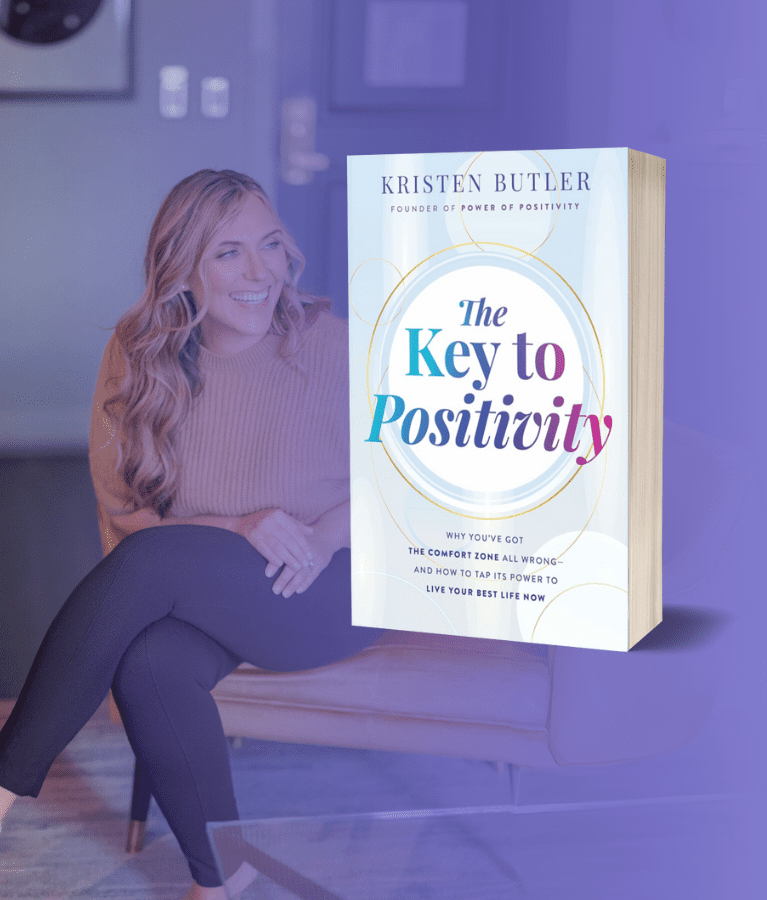Mastering Tarot or Oracle cards can sharpen your intuition.
Have you ever felt lost and needed direction to see where you were headed? You may have felt alone, but you weren’t. Everyone will experience uncertainty, adventure, or ambiguity at some point — it’s simply part of being human. The next time you need more clarification, consider reading a Tarot or Oracle deck.
Tarot is about using a uniquely designed set of cards to discover the knowledge hidden in you. It is a practice of gaining insightful wisdom and guidance that can provide us with clarity.
The history of Tarot cards traces all the way back to 15th-century Europe, where they were used for gaming and fortune-telling. Today, tarot cards are still used for fortune-telling. But many still use them for self-discovery and personal growth.
One of the most common misconceptions about reading Tarot cards is that they predict your future and allow you to change it. This is a misunderstanding. Tarot is not about fortune-telling. Instead, it is about gaining clarity and a better understanding of your present circumstances. To do this, you must understand the cards and how they relate to your life.
What is the Purpose of Using Tarot?

Tarot is about embracing the present and acknowledging what future challenges may await us. There is a particular skill to reading Tarot with intuition and empathy. However, the learning curve is such that anyone can easily pick up a Tarot deck and start seeking guidance the same day. This accessibility of Tarot empowers you to take control of your journey.
The cards offer profound insights into the depths of our higher selves. The truly empowering aspect of Tarot is that it’s all about your interpretation of the cards. There’s no one-size-fits-all explanation for what the cards are telling you. You can view it as a message from the universe, God, or your inner power. The power is in your hands, making Tarot a potent tool for finding clarity in your life. Sometimes, you may receive a message you didn’t anticipate, but it’s something to ponder and be mindful of.
When Is the Best Time to Try Tarot Cards?
Tarot card readings can be helpful at any time. However, there are certain occasions or times that many people find particularly compelling or meaningful.
Here are some good times to try Tarot cards:
- New Moon or Full Moon: Many people believe that the energy of the moon cycles, especially the new moon for new beginnings and the full moon for clarity and release, can enhance the effectiveness of Tarot readings.
- Seasonal Changes: The start of a new season, like Spring Equinox or Winter Solstice, can be a powerful time for reflection and guidance through Tarot.
- Personal Milestones: Birthdays, anniversaries, or other significant personal milestones are great times for Tarot readings to gain insight into the year ahead or reflect on past experiences.
- Start of a New Project or Endeavor: Before beginning a new job, relationship, or project, a Tarot reading can provide guidance and clarity regarding your path ahead.
- End of a Cycle: The end of a significant cycle, such as the completion of a project or the end of a relationship, can be a good time for a Tarot reading. The cards can help you understand lessons learned and prepare for new beginnings.
- Daily or Weekly Ritual: Some people find value in incorporating Tarot readings into their daily or weekly routines as a way to check in with their intuition and reflect on their current state.
- During Times of Uncertainty or Decision-Making: When facing difficult decisions or times of uncertainty, a Tarot reading can provide insight and different perspectives to consider.
- Personal Reflection Time: Quiet moments set aside for self-reflection, meditation, or journaling can be complemented with a Tarot reading to deepen your understanding and connection with yourself.
Ultimately, the best time for a Tarot reading is when you feel called to it and are open to receiving the messages it may provide.
Learning Tarot
Tarot may seem intimidating initially. But with patience and trust in the cards, it will become more familiar to you. You don’t need to be an expert or know everything about Tarot to benefit from its powers.
When you first start with Tarot, you might think you can only read for others. However, you can use them for self-guidance, as well, once you gain more confidence. Remember that every deck is unique, and you don’t always have to adhere to strict rules.
If you’re looking for a deck, most come with a book of instructions and interpretations for spreads, illustrations, and meanings. When choosing a deck, use your intuition to select one that speaks to you. Take your time understanding the deck and building a relationship with it so it can guide you.
If you prefer a less structured alternative, you can also check out Oracle, which is more modern and freeing than Tarot. Oracle cards are a popular choice for those who prefer a more intuitive, unstructured approach to divination. Oracle decks are a great way to sharpen your intuitive instincts and connect with your inner wisdom.
Most decks come with a book with detailed instructions and interpretations for spreads, illustrations, and meanings. When you choose a deck, think deeply about what you are looking for. Use your intuition and select a deck that speaks to you. Take your time understanding the deck, and build a relationship with your deck so it can guide you.
What Tarot Can Do For You
Tarot isn’t limited to spiritual development. You can ask the cards about almost anything that piques your curiosity. Engage in a dialogue with the cards. You determine the guidance you seek. It’s your call how you utilize the information. Tarot has been a beneficial tool for many people to manage their mental health. While Tarot is never a substitute for professional mental health care, it can be a supportive companion on your mental health journey.
Some use Tarot to find direction in times of uncertainty and aimlessness. Sometimes, the message will be undefined or fuzzy, but it gives me something to think about. It is empowering to move forward when one can intentionally focus on the card’s message and implement changes that will benefit one’s life.
In my experience, I often receive a message to focus on self-care, which is my constant struggle. Every time I accept that reading, it constantly challenges me to slow down and care for myself better.

Final Thoughts on the Discovery of How Tarot or Oracle Adds Clarity to Life
Tarot is a unique tool for embarking on a personal journey of seeking guidance and wisdom. The cards merely illuminate the power within you, leaving the choice of what to do with the knowledge entirely in your hands. While this may initially feel slightly uncertain, it is also empowering, as every intentional decision you make becomes a part of your unique journey.


















